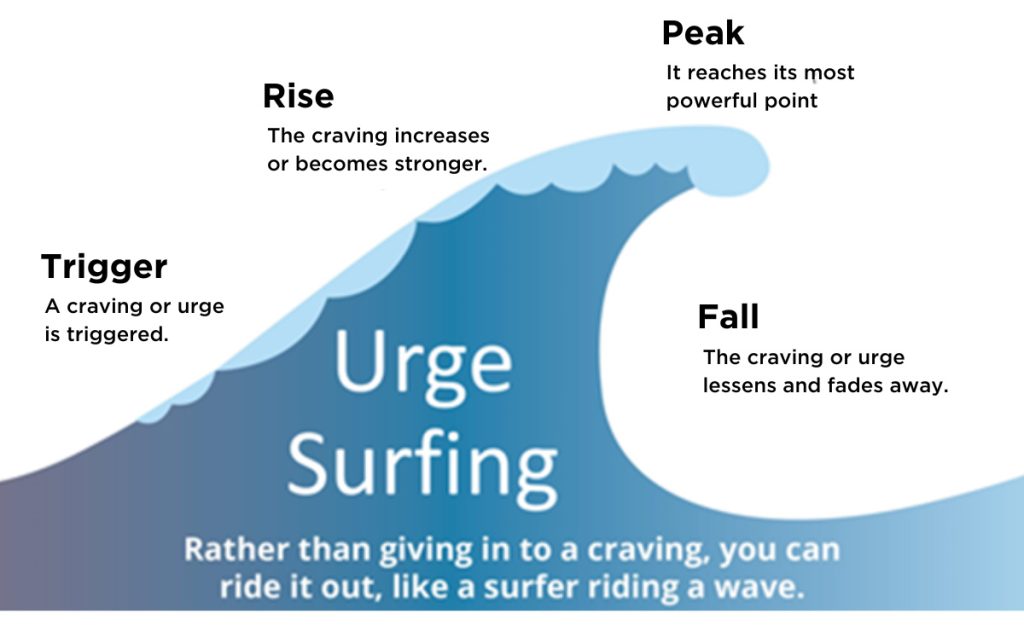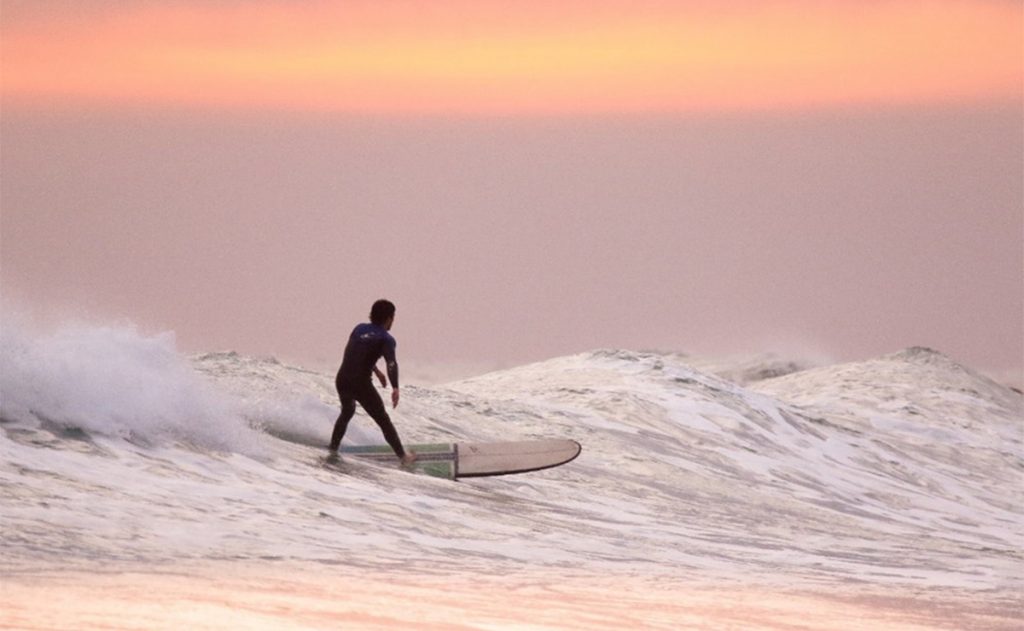by Jessica Drew de Paz, PsyD, Director of Mindfulness Programs and Clinical Psychologist
Every year as December transitions to January, many of us pledge to take better care of ourselves, packaged in the form of New Year’s resolutions.

According to a recent survey conducted by Forbes Health, the top resolutions of 2024 are:
- Fitness (48%)
- Finances (38%)
- Mental health (36%)
- Weight loss (34%), and
- Diet (32%)
When respondents were asked how long their resolutions typically last, most indicated just a few months. Even shorter time frames were reported by Strava, an online platform documenting movement of over 100 million athletes in 195 countries. Upon analyzing more than 800 million activities, the company dubbed the second Friday in January as “Quitter’s Day”!
Fortunately, even if we break resolutions, we can recommit to caring for ourselves any day, any moment, of the year. The National Institutes of Health (NIH) shared evidence-based strategies for increasing success:
- Set realistic goals
- Develop specific action plans
- Understand how change will enhance your life
- Create a supportive environment (physically and socially)
- Track your progress, and
- Plan for obstacles
One of the most common obstacles to adopting healthy behaviors is struggling with cravings. Even with the best of intentions, we may be overcome with desires to revert to old habits, such as endless scrolling, over-spending, over-eating, or using substances. When we succumb, we are temporarily reinforced, strengthening our sense that the way to extinguish an urge is to give into it.
In contrast, “Urge Surfing” is a mindfulness-based practice that helps us ride out our cravings. Developed by Alan Marlatt, PhD, a psychologist and pioneer in addictions treatment, this technique visualizes urges as waves which are actually comprised of bodily sensations, thoughts, and emotions. Once triggered, the cravings rise, then peak, then eventually subside. Our task is to learn to observe the entire process with gentle curiosity, knowing the urge will eventually fall away.
- Trigger: A craving or urge is triggered.
- Rise: The craving increases or becomes stronger.
- Peak: It reaches its most powerful point.
- Fall: The craving or urge lessens and fades away.

Urge Surfing was developed at University of Washington’s Addictive Behavior Resource Center as a part of their Mindfulness-Based Relapse Prevention for Addictive Behaviors program. Below is a summary of the meditation:
- Find a comfortable position and release any tension you might be holding.
- Acknowledge what you’re feeling and what is present in your body.
- Perhaps there is physical discomfort, uncomfortable emotions, or troubling thoughts.
- Explore what it’s like to stay here without trying to get rid of anything by engaging in a behavior that’s not actually helpful.
- If the intensity is increasing, imagine it is like a rising wave.
- Often a craving can feel as though it will keep rising until we stop it.
- But if we learn to stay without reacting, these experiences typically crest, then subside.
- Our job is to ride this wave.
- You might try using your breath as a surfboard to ground yourself.
- Bring curiosity to what this experience feels like in your body, your mind, your emotions.
- You might even explore the deeper need beneath the craving.
- Perhaps you really need social connection, stress reduction, or a change in your present circumstances.
- Listen deeply to yourself, with gentle compassion.
- Notice you surfed this urge … staying with the experience, rather than reacting to it.
- Realize this choice is always available to you.
Life presents continual moments of discomfort. Urge Surfing supports us in accepting and tolerating this, rather than self-soothing with behaviors that no longer serve us. Like any skill, it can be strengthened and mastered with practice. We can all learn to ride the waves of healthy change. If you are interested in learning or participating in additional mindfulness practices, consider joining one of our upcoming evidence-informed Mindfulness-Based Stress Reduction (MBSR) courses or utilizing our Learning Library.

You can’t stop the waves, but you can learn to surf.
Jon Kabat-Zinn, PhD
